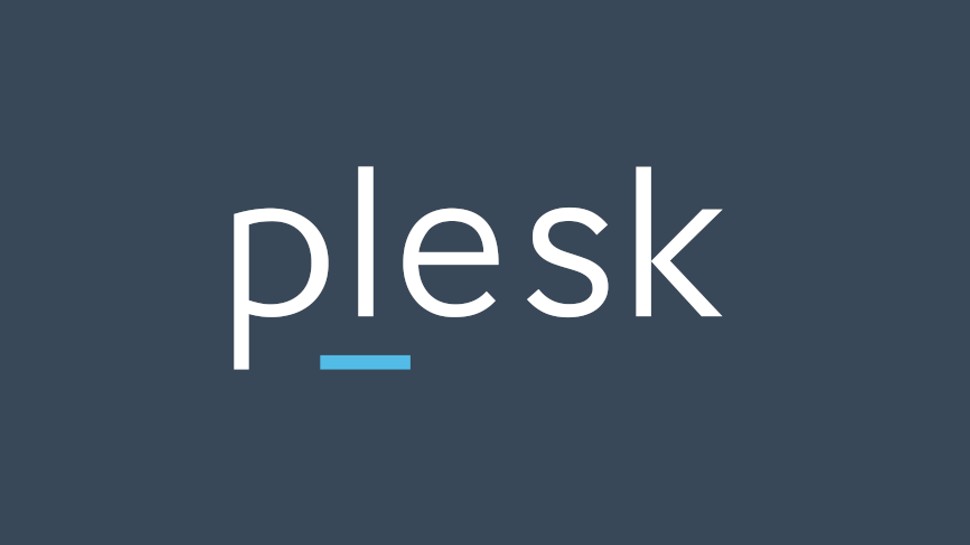TechRadar Verdict
Plesk is the go to choice for Windows servers. It may be expensive for smaller server but when you have a high powered server with multiple sites Plesk is worth the investment. It's easy to use and has great documentation. If you have a $20 server it's probably not worth the cost but when you start to manage over 30 websites it starts to make extra sense.
Pros
- +
Fresh and up to date
- +
Easy to use
- +
Includes website builder
Cons
- -
Expensive for small servers
Why you can trust TechRadar
Operating system support: Debian, Ubuntu, CentOS, AlmaLinux, Rocky Linux, CloudLinux, Virtuozzo Linux, Windows.
Portability to different platforms
Plesk has been around for a long time and is supported by many hosts. You also have the option to migrate to cPanel should you decide that Plesk isn’t for you. Plesk also supports a wide array of Linux and Windows operating systems, so you have a lot of options for installing it on various server setups.
Websites | Single user | Multiple users |
5 websites | £15.49/mo | £15.49/mo |
30 websites | £26.99/mo | £26.99/mo |
100 websites | £49.99/mo | £49.99/mo |
Plesk has a straightforward and fair pricing model - you pay for how many websites you use. This makes it great for average web hosters who need the flexibility of Plesk and don’t plan on hosting tons of websites. It is also a good choice for web agencies who plan on hosting websites on behalf of their clients and want predictable pricing. If you plan on hosting lots of websites all for your own use, then cPanel or sPanel offer cheaper plans.
Ease of use
Plesk has the most cohesive user interface of all the admin panels, combining the server-side administration into the same user interface as the website management interface. This has benefits and drawbacks. On the one hand, it’s nice to have the server management presented in a manner that is friendly to non-technical users, but at the same time, it feels a little frustrating to use if you are technical. There’s considerably less of the underlying technical details exposed to users, which is great if you’re worried about breaking things, but if you’re a tinkerer, then you might prefer the more raw experience that cPanel provides. Plesk not only works great on mobiles but even provides a dedicated mobile app so you can manage your websites on the go.
Support
Web server support
It supports a wide array of different web servers and languages. Apache is installed by default, with the option to install Nginx as a reverse proxy, which gives you the best of both worlds. Litespeed is supported, but there’s no support for the free alternative, OpenLitespeed, so expect additional costs.
Database support
Microsoft SQL, MySQL, and PostgreSQL are all supported, making Plesk a great choice for those who need more powerful database options.
Language support
Support programming languages include PHP, Javascript/Node, Perl, Ruby, Python, .NET. There’s even docker support via an official extension, which means effortless support for virtually any language and setup.
Backups
Plesk offers a pretty standard array of backup options with good support for remote backup providers. FTP, Amazon S3, Google Drive and Microsoft OneDrive are all supported.
Extensions and apps
Plesk has the most impressive extensibility out of any of the admin panels we’ve tried. Along with the usual one-click installers such as Softacolous, you can also install extensions to manage your social media, page speed, harden your WordPress installations - it really does have it all. There’s even a pretty powerful site builder included, meaning you can build your website with zero coding knowledge.
Security
Not only does Plesk come with the usual security software, but it also goes the extra mile to make them more user-friendly. We particularly like how user-friendly the web application firewall is, providing an extra layer of security against malicious requests without overly complicating it. Plesk includes both VirusTotal and Imunify for virus scans with an option for paid upgrades. Kernelcare and other paid security hardening services are available.
Final verdict
Plesk is truly leading the way with the admin panel. It has remained fresh and up-to-date, offering a lot of the latest and greatest software. Everything is easy to use and packaged in a way that isn’t intimidating to non-technical users. It would be nice to see better out-of-the-box performance optimisation, something that sPanel really excels at, but Plesk offers a more broad set of capabilities. It does an incredible job of being both extremely powerful and customisable, without being overwhelming for non-technical users. The bottom line is that if you want an admin panel that does everything and packages it up nicely into a very user-friendly package, then it might be worth splashing a bit more on Plesk.
Lewis has over two decades of experience in web and software development for high growth businesses and has maintained critical infrastructure for dozens of banks across the UK, handling millions of transactions daily. He is currently principal cloud architect for AI startup, Carbonate, and has a passion for anything hosting or tech related. When not getting carried away by the latest project he’s helping TechRadar test web hosting services.
- James CapellB2B Editor, Web Hosting
You must confirm your public display name before commenting
Please logout and then login again, you will then be prompted to enter your display name.

